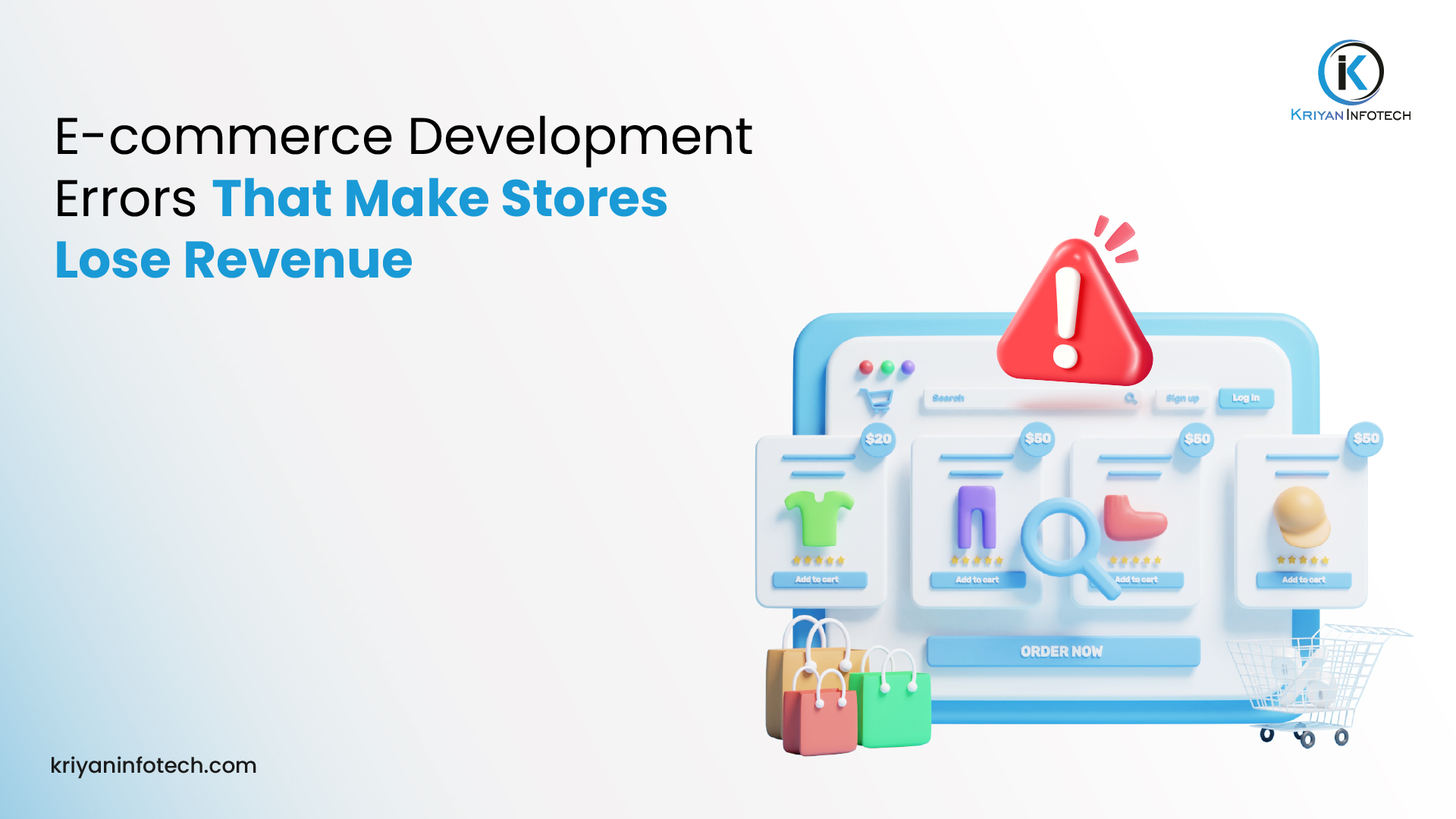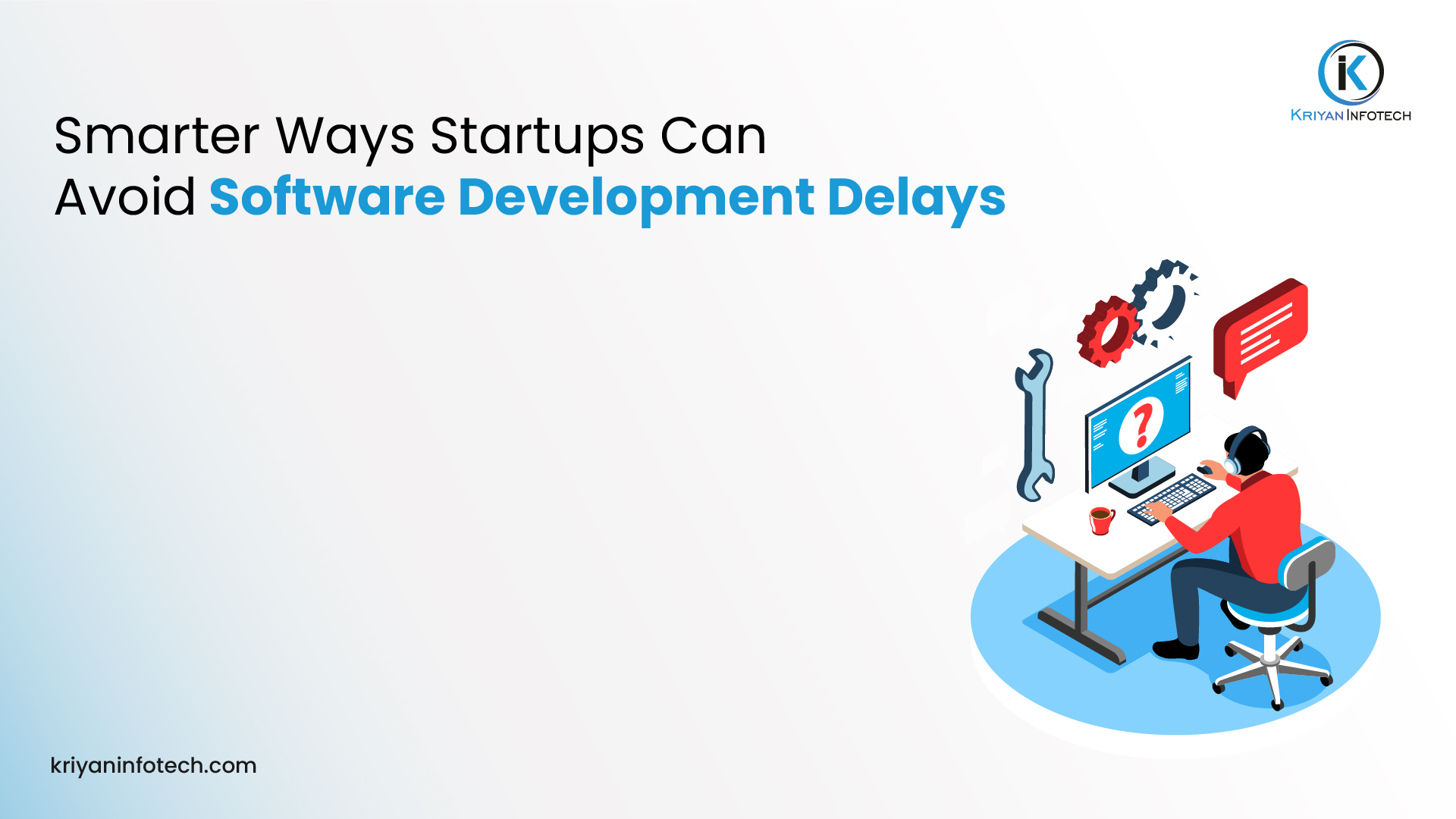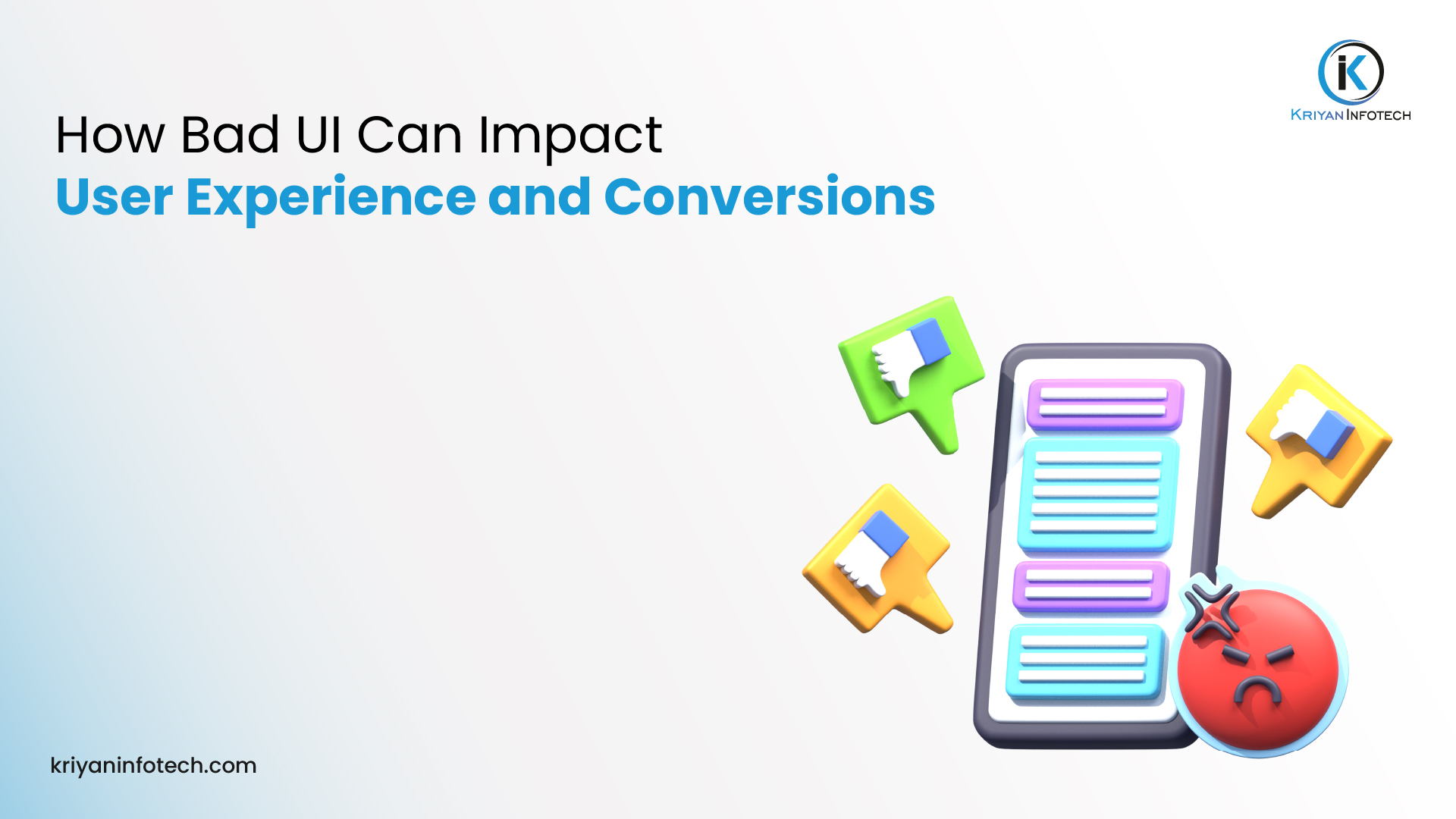
Custom E-Commerce Website Development: A Comprehensive Discussion
Introduction to E-Commerce Website Development
The E-Commerce Website Development idea will not bother you much so long you’re not into the statistics. But what if I tell you that online retail sales have crossed 5.8 trillion USD?

Overview of Custom E-Commerce Website Development
Custom e-commerce website development entails the creation of applications that facilitate the management of virtual shops. This consists of the establishment of online retail platforms, management of financial transactions and stock, execution of purchase requests, provision of customer support resources, and integration with external systems such as delivery services or customer relationship management (CRM) software.
The objective is to establish a smooth and uninterrupted purchasing experience for customers and a streamlined governance structure for the firms operating in the online marketplace.
Significance of E-commerce Solutions
Global Reach: Companies now focus on designing global products with adapted local tastes after globalization has broken down international commercial barriers. E-commerce solutions are employed to execute this idea at a lower cost.
24/7 Availability: The e-commerce platforms allow customers to shop at their convenience. It also eliminates the issue of time zones and purchases can be made globally at any hour of the day.
Cost-efficient: E-commerce businesses are cost-efficient as the need to have physical stores, rents, and other utilities are eliminated. The reduction in operational costs subsequently determines the final product price and thus delivers affordable items.
Personalization: The online market has benefitted massively from AI and ML. With the help of machine learning algorithms, marketers can use data insights to target potential customers. Also, they can use predictive analytics to recommend products on the e-commerce platform.
Prerequisites Of E-Commerce Website Development
Research the Market
1. Firstly, you’ll have to decide the sector in which you want to work. That sector must adhere to your educational or experience requirements. Otherwise diving into the sea of experts can hamper your growth.
2. Secondly, you’ll have to decide your target audience, their taste, demographics, income stage, etc.
3. The next step is to have a proper SWOT and PESTLE analysis of your competitors. It will help you design an effective blueprint for your business.
4. You’ll then be required to make your Unique Selling Proposition. With the help of your USPs, you’ll be able to beat the competition and acquire market share.
5. Use data and analytics to prepare every report beforehand. Make sure to have a comprehensive view of your business’s feasibility. If it is going to be obsolete in the future, don’t do it.
Select the Business Model
Subscription: For online services, users have the option to subscribe either on a monthly or yearly basis.Upon the expiration of the subscription period, consumers have the option to either terminate or extend it. Netflix and Spotify exemplify the subscription-based e-commerce strategy.
Outsourced Delivery: Outsourced delivery or fulfillment refers to the process of delivering products to clients using third-party services. Companies lacking adequate personnel to handle product shipping choose to outsource their order management to fulfillment services. Amazon FBA serves as an illustrative instance.
Dropshipping: The dropshipping strategy involves firms purchasing products from producers or wholesalers and subsequently selling them on their e-commerce platform in exchange for a commission. Businesses lacking sufficient financial resources and strength decide to employ this approach for accumulating product inventory. Their primary emphasis lies on leveraging digital marketing strategies to promote their business and drive customer purchases.
Warehouse: Under the warehousing model, products are stored in a warehouse. They will then be included in the product listings of your website. You will deliver the items straight to your warehouse in the event of a purchase.
Key Features Of A Successful E-Commerce Solution

1. Automation
Automation services are a fundamental component of prosperous custom e-commerce application development, optimizing operations and enhancing productivity in diverse facets of the enterprise.
Automation streamlines various business operations, including order processing, inventory management, customer support, and marketing campaigns.
It accomplishes this by reducing the need for manual labor, minimizing errors, and allowing organizations to concentrate on strategic endeavors.
E-commerce platforms can increase operational excellence and improve the overall customer experience by automating repetitive duties such as order fulfillment, email notifications, and personalized recommendations.
2. Reporting and Analytics
Having reporting and analytics tools is crucial for obtaining valuable information about customer behavior, sales success, and general business KPIs.
Businesses can utilize e-commerce platforms that come with powerful reporting capabilities to effectively monitor key performance indicators, track trends, and make informed decisions based on data.
Through the examination of variables such as website traffic, conversion rates, customer demographics, and product sales, businesses may pinpoint areas for improvement, boost marketing strategies, and optimize the efficiency of their e-commerce operations.
3. Advanced Product Searching
A crucial aspect of the shopping experience is the implementation of sophisticated product search capabilities, which enable shoppers to swiftly locate the specific items they need.
Custom E-commerce solutions ought to provide user-friendly search functionalities, encompassing faceted search, autocomplete suggestions, filters, and sorting alternatives.
Businesses may enhance the relevance and accuracy of search results, as well as improve the purchasing process and consumer satisfaction, by utilizing sophisticated search algorithms and optimizing product data.
4. Multiple Payment Options
Offering a variety of payment choices is crucial for accommodating a wide range of consumer preferences and boosting conversion rates.
Effective e-commerce platforms provide a diverse range of safe payment options, such as credit/debit cards, digital wallets, bank transfers, and alternative payment solutions like PayPal or Apple Pay.
Businesses may enhance consumer satisfaction, reduce instances of checkout abandonment, and instill trust and confidence in the purchasing process by providing flexible processing options.
5. Security
Enhancing security is of the utmost importance in custom ecommerce website development to safeguard sensitive consumer data, guarantee secure transactions, and uphold confidence and credibility.
To ensure the protection of clients and information and prevent unauthorized access to cyberattacks, it is crucial to implement strong security measures such as SSL encryption, PCI compliance, and fraud prevention techniques.
By placing security as the priority in every part of the e-commerce platform, businesses can establish trust in customers, reduce potential hazards, and maintain their standing in the marketplace.
Process Of E-Commerce Website Development

1. Ideation
It signifies the primary stage of custom e-commerce website development, whereby the concept and vision for the platform are conceived. This phase encompasses conducting market research, discerning target demographics, establishing business objectives, and delineating crucial attributes and functionalities.
Stakeholders engage in collaborative efforts to generate ideas, investigate potential innovations, and establish a well-defined plan for the project.
2. Prototyping
It entails the creation of a visual depiction of the user interface (UI) and user experience (UX) of the e-commerce platform. Designers and developers collaborate to produce wireframes or mockups that visually depict the structure, navigation flow, and interactive components of the website or application.
Prototyping enables stakeholders to visually perceive the ultimate product, collect input, and refine design choices before embarking on the final development process.
3. Development
It refers to the phase in which the e-commerce website is constructed based on the specifications defined during the ideation phase. This demands the creation of code and the specifications defined during the ideation phase.
It is followed by the incorporation of third-party APIs and services, and the implementation of fundamental features such as product catalog administration, shopping cart functionality, the checkout process, and user account management.
Developers adhere to industry best practices, coding conventions, and project schedules to ensure the seamless advancement of the development process.
4. Quality Assurance (QA)
QA is an essential phase in which the e-commerce website undergoes comprehensive testing to detect and rectify defects, glitches, or problems before deployment. QA engineers conduct a range of tests, including functionality testing, usability testing, and browser testing.
Thorough testing guarantees that the e-commerce platform adheres to quality benchmarks, operates as intended, and provides a smooth user experience.
5. Deployment
It is the concluding phase of custom ecommerce website development, during which the platform is deployed and accessible to consumers. This entails the deployment of the application to a production environment, the configuration of servers, databases, and other infrastructure components, and the assurance of a seamless transition from development to the live environment.
Deployment may also encompass post-launch tasks, including monitoring, optimization, and continuing maintenance, to guarantee the reliability, security, and scalability of the e-commerce platform.
Essential Takeaways for Custom E-commerce Success

Collaboration With Kriyan
Developing a distinctive e-commerce website that captivates your target audience is crucial for achieving success in the fiercely competitive realm of online marketplaces.
Hence, the significance of a proficient technology collaborator for the creation of an eCommerce website should not be undervalued.
Having an online retail software that aligns with your business aims and facilitates growth is essential for ensuring a sustainable future. Kriyan is a custom e commerce website development company in US that can be relied upon to create outstanding eCommerce solutions.
Contact us NOW to turn your shop into a successful virtual store!
E-commerce Development Errors That Make Stores Lose Revenue
Introduction Running traffic to your online store is...
Smarter Ways Startups Can Avoid Software Development Delays
Introduction For startups, time isn’t just money; it’s...
How Bad UI Can Impact User Experience and Conversions
Introduction You can spend thousands on ads, SEO,...



